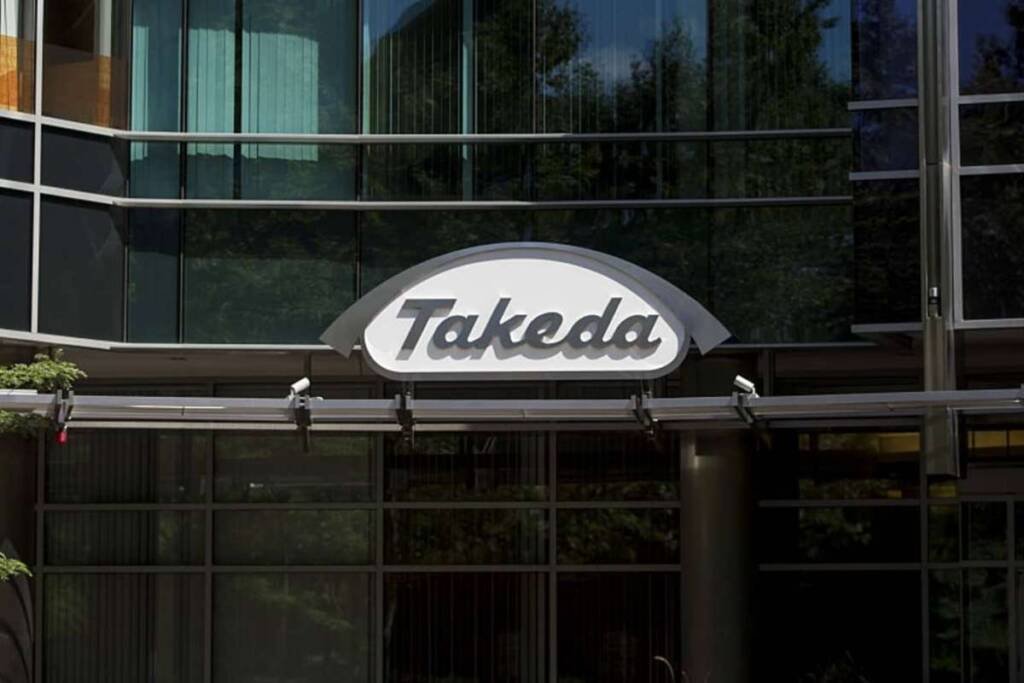As generics of the popular ADHD medication Vyvanse loom on the horizon, Takeda is looking to rely on newer launches for future growth. One of its key focuses is on the dengue fever vaccine, Qdenga, despite a recent setback in the US
Takeda’s CEO, Christophe Weber, expressed optimism about Qdenga’s early launch days, noting positive momentum in markets where the product is available. In the last quarter, Qdenga received approvals in various countries, including Thailand and Argentina. The vaccine is first being introduced in endemic countries like Brazil and Indonesia, which Takeda is prioritizing due to their significant contribution to Qdenga’s projected peak sales of $1.6 billion to $2 billion, accounting for around 80% to 85%.
Additionally, Takeda is progressing with approvals and launches for Qdenga in travel markets across the European Union after receiving broad clearance there last year. The company has also been ramping up Qdenga’s manufacturing, recently opening a new drug substance manufacturing facility in Singen, Germany.
Related: Vyvanse Joins Adderall In Short Supply As Takeda’s Rival Faces Shortages
“This was an important step in achieving our goal of end-to-end in-house production capability for Qdenga by 2025 and achieving an annual supply capacity of around 100 million doses by the end of the decade. Aalongside internal production ramp-ups, Takeda is exploring partnerships with outside vaccine manufacturers. This comes into play especially in endemic countries to secure additional capacity to meet current and future supply needs.”
– Christophe Weber, Takeda’s CEO
However, Takeda encountered a setback in the US when it decided to withdraw its application with the FDA due to the regulator’s request for additional data that couldn’t be addressed within the current review cycle.
Despite this, Takeda reported revenues of 1.06 trillion Japanese yen (about $7.3 billion) in the first quarter of its 2023 fiscal year, representing 3.7% growth compared to the same period in 2022. Most of this revenue came from Takeda’s portfolio of growth and launch products, which accounted for 40% of the company’s total revenue.
Looking ahead, Weber expects Takeda to experience revenue, profit, and margin growth in the near future, primarily driven by momentum from the company’s launch products.
However, Takeda will soon face the challenge of Vyvanse, its ADHD cash cow, losing exclusivity. The company anticipates multiple generics for Vyvanse to enter the market in August. Despite this impending competition, Vyvanse performed well in its last quarter of exclusivity, contributing to a 17% growth in Takeda’s neuroscience revenues and generating 123 billion Japanese yen (about $880 million), growing 16% at constant exchange rates.





























